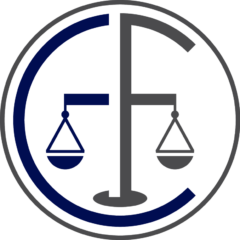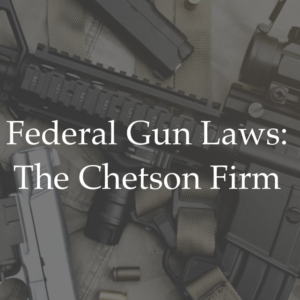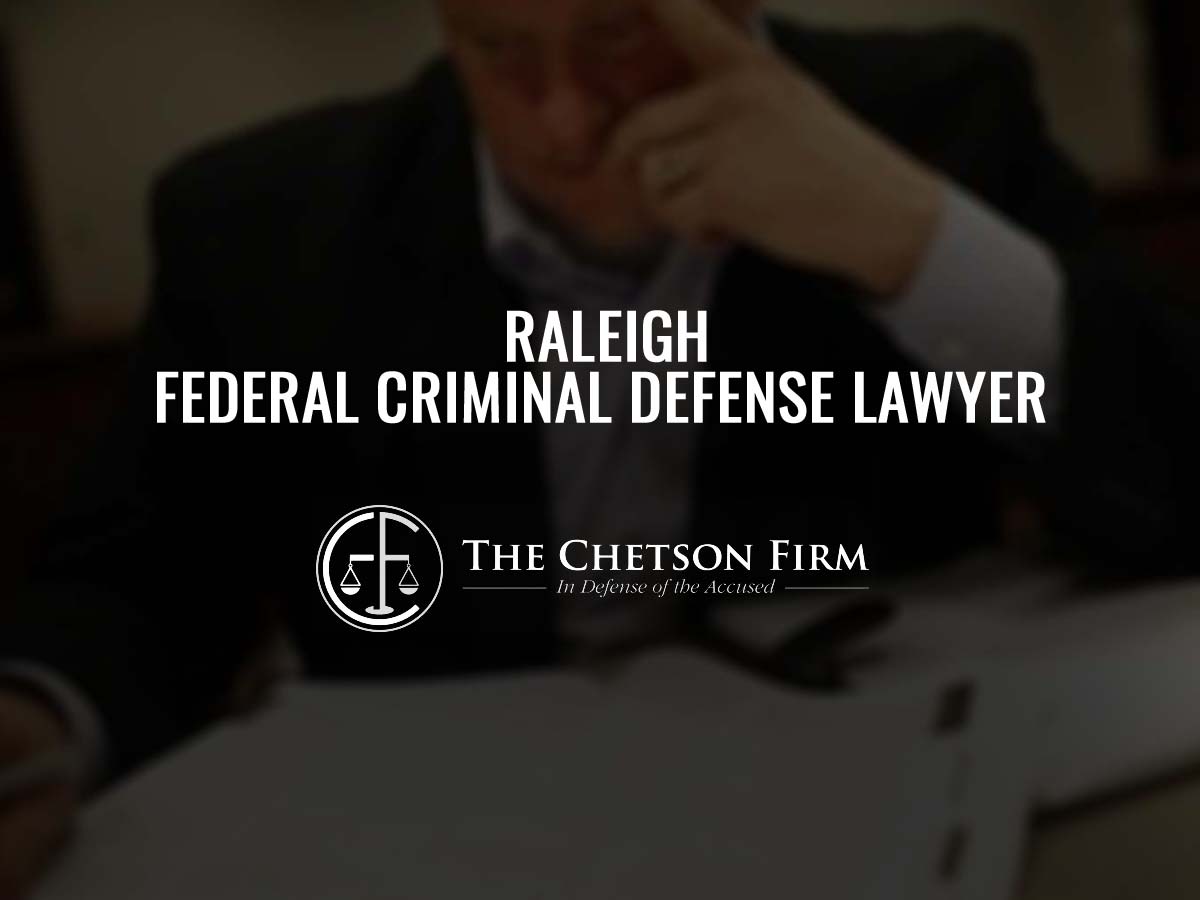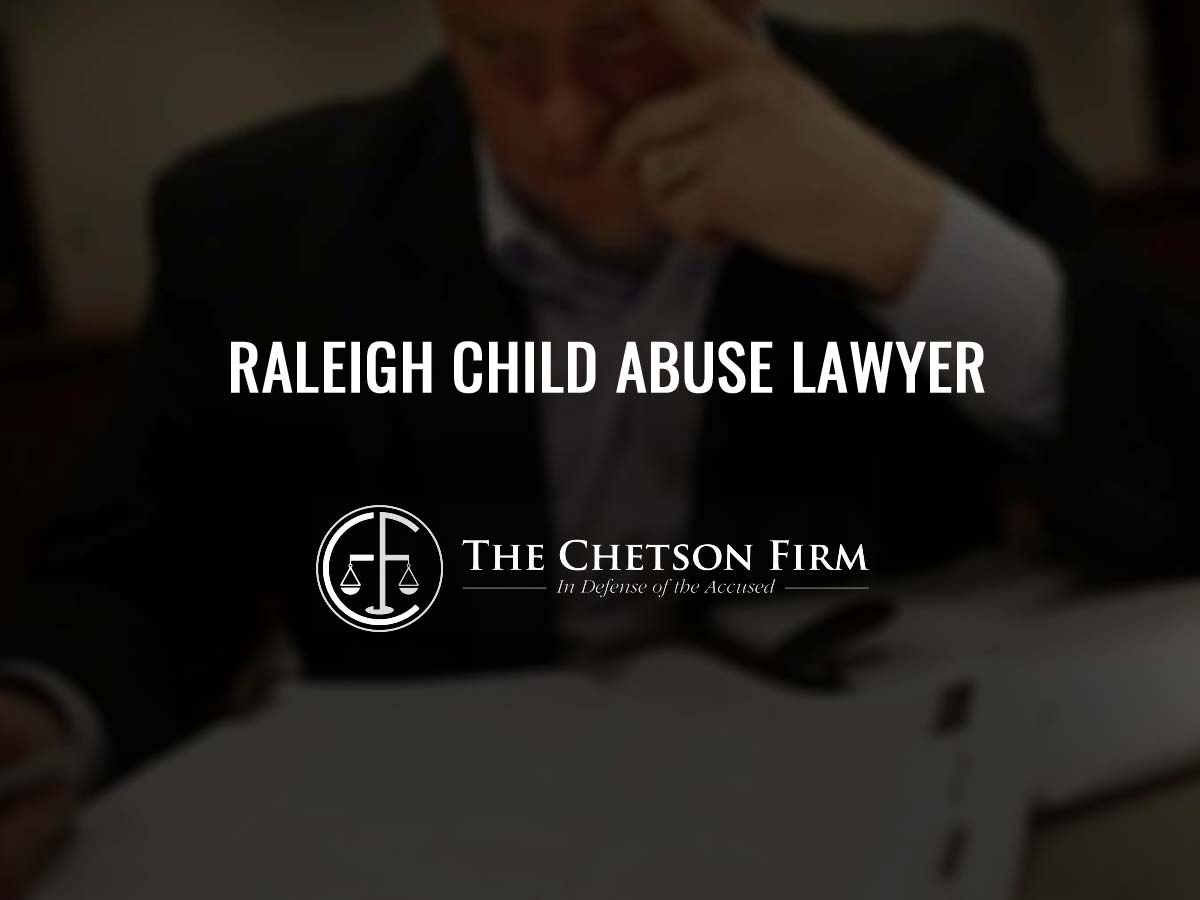The Supreme Court’s decision in Bruen last summer striking down a nearly 100 year old New York law regulating the possession of firearms has unleashed a torrent of new litigation surrounding gun rights.
Never before in my career have fundamental laws – such 18 U.S.C. Sec. 922(g), the law criminalizing the possession of firearms by non-citizens, felons, and drug abusers – been as thoroughly questioned as now.
In Bruen, the Supreme Court set up a two-part test to determine whether a gun law violates the Second Amendment.
Did the regulated conduct exist at the time of the Founding?
Where the conduct to be regulated existed at the time of the founding, and was not regulated, then the modern law is unconstitutional. Otherwise, the conduct can be regulated today (as it was at the time of the Founding).
Did the regulated conduct not exist at the time of the Founding?
Where the regulated conduct did not exist at the time of the Founding (and was thus not regulated in the 1780s perhaps because of some technological advance), then analogical reasoning needs to be used to determine whether the modern regulation or law comports with the Second Amendment. So, to take an easy example, bazookas can be regulated because the text and the structure of the constitution indicate that the Second Amendment is an individual right primarily focused on self-defense.
The Problem with the Court’s Reasoning
There are many problems with the Court’s entry into the legislative sphere to regulate guns. First, as Justice Breyer wrote in his dissent:
The historical examples of regulations similar to New York’s licensing regime are legion. Closely analogous English laws were enacted beginning in the 13th century, and similar American regulations were passed during the colonial period, the founding era, the 19th century, and the 20th century. Not all of these laws were identical to New York’s, but that is inevitable in an analysis that demands examination of seven centuries of history. At a minimum, the laws I have recounted resembled New York’s law, similarly restricting the right to publicly carry weapons and serving roughly similar purposes. That is all that the Court’s test, which allows and even encourages “analogical reasoning,” purports to require. See ante, at 21 (disclaiming the necessity of a “historical twin”).
Where the Supreme Court thinks it sets up a clear cut analysis that is simple for both lawyers and judges to apply, it has created a thicket that requires a person to be a historian of centuries of law leading up to the Founding Era to properly apply.
In reality, the Supreme Court won’t require that: it will essentially declare ex cathedra what it believes is constitutional and what is not and soak it all in whisky and oak wood to give the feel of originalism.



